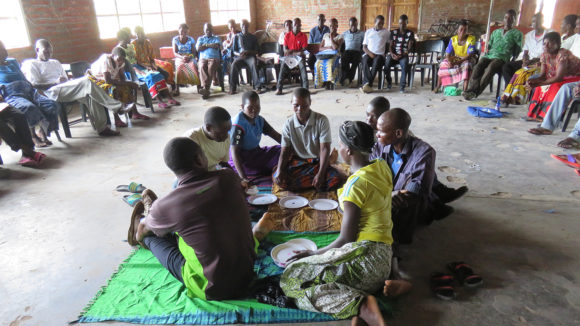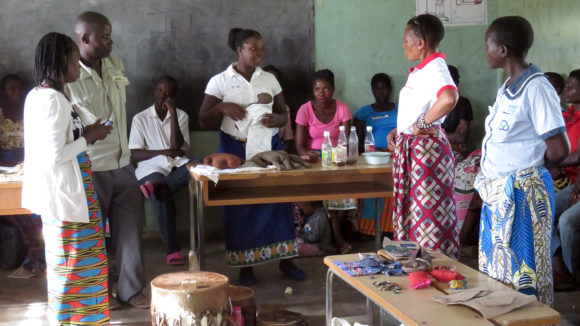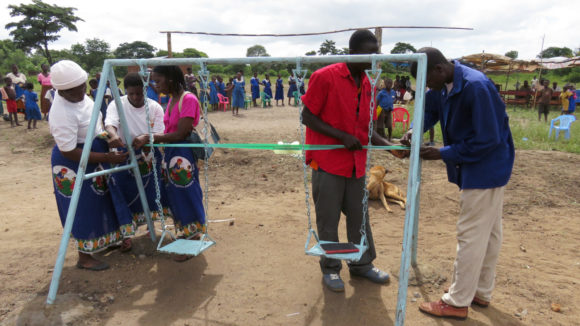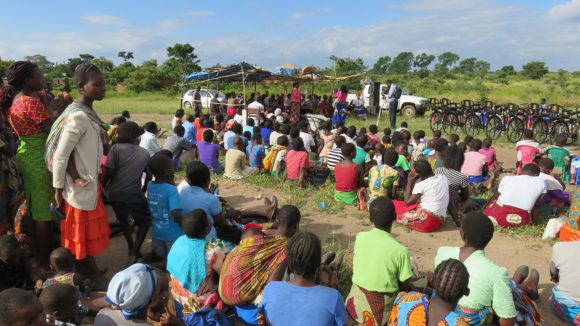Educating pre-school children when resources are scarce
Ronnie Stapleton visited pre-schools in Malawi to see how volunteer teachers are trained to include children with disabilities.

On a hot sunny day in Ntcheu district, I was invited to attend a ribbon-cutting ceremony to mark the donation of specially adapted bicycles and the official opening of outdoor play equipment.
This is just one example of Sightsavers’ work to help children with disabilities feel more included at school.
We’ve worked with communities to help children with disabilities to attend community-run pre-schools, and committed volunteer pre-school teachers, also known as caregivers, now transport children to local centres on the back of bicycles. At the pre-schools, children are encouraged to develop their physical skills through play on slides, swings and seesaws.
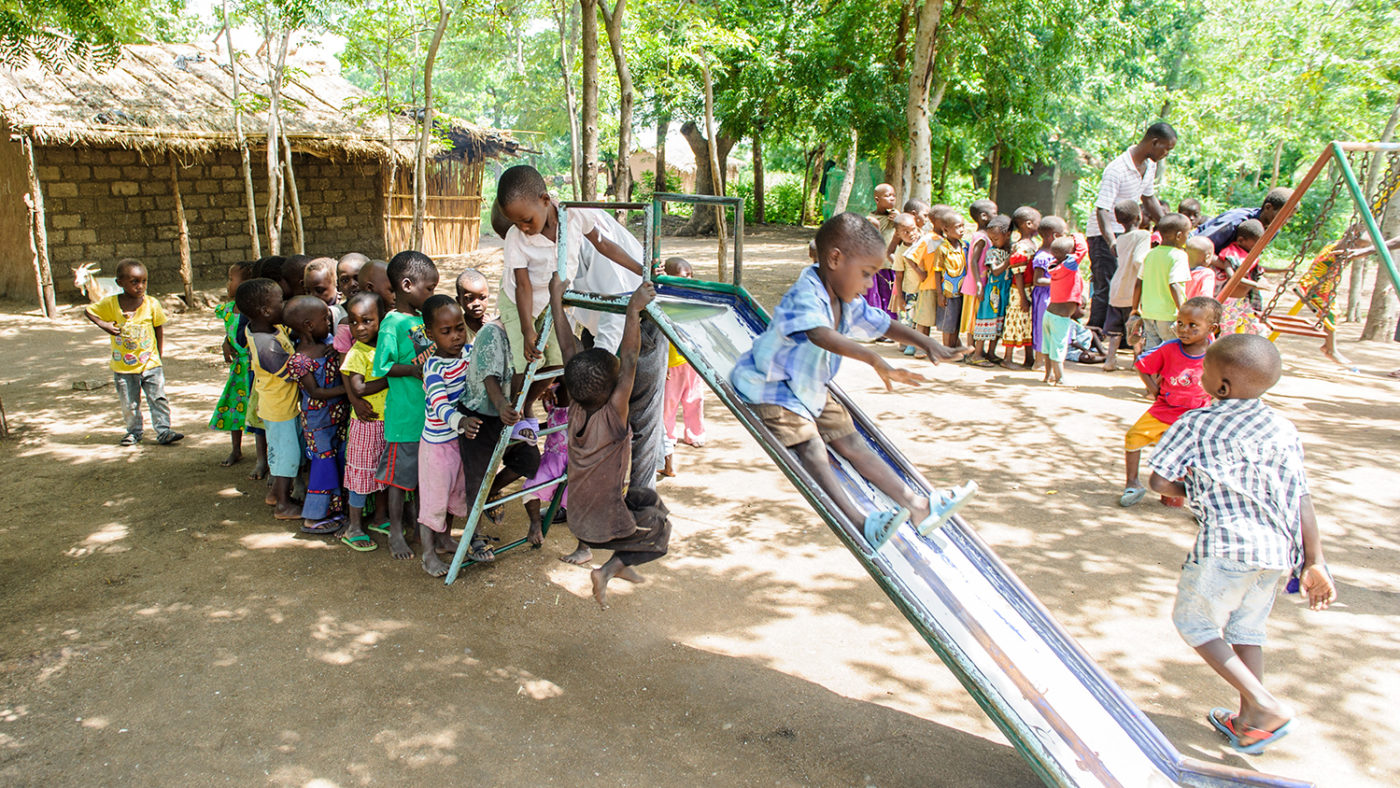
Many children with disabilities are excluded from education because there is a perception that their attendance at school will be of little value and are too difficult for untrained teachers to manage.
The Malawi government provides training for thousands of caregivers in community-run pre-schools across the country. Sightsavers has been working in a project in 20 of these centres to improve early childcare education for children with disabilities.
These pre-schools are the first step for children to access education. If we can support a child with disabilities to attend a pre-school, they are more likely to acquire basic skills and to transition to primary school and beyond.
While in Malawi, I also helped to provide training for the pre-school teachers, focusing on how we could make classrooms more welcoming and inclusive for children with disabilities.
Together we worked on organising the classroom so there’s enough space for all children, adapting activities to ensure all children could take part and learn and play together, and sharing knowledge and existing good practice.
The dedication of the volunteer teachers was inspiring and the training was lively and fun.
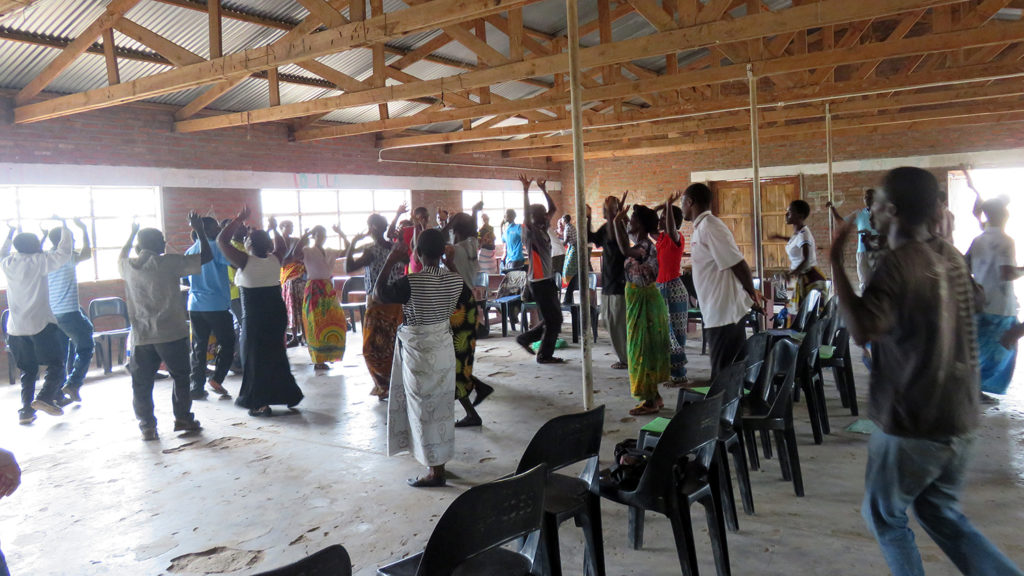
As is always the case, I learned a lot.
Where resources are scarce, learning aids are made from what’s available in the local community. We used a range of activities to think about what we could practically do in a situation where buildings are poorly equipped, where there is no electricity or running water and where learning materials are hard to find.
These activities were funded by Comic Relief and players of People’s Postcode Lottery.
It was moving to see how community cooperation is transforming the lives of children who have not been able to go to school in the past. Between songs and dances, we enjoyed watching a play about the importance of including children with disabilities in daily life. Traditional chiefs and leaders spoke about the value of early childhood education and encouraged the caregivers to continue their good work.
This encouragement marks a shift in attitudes and a growing understanding of the value of early childhood education in local communities. Parents are delighted that their children with disabilities are accepted and included in local schools and have the chance to learn and flourish with their peers. For me, that was the biggest reason to celebrate.
If we can support a child with disabilities to attend a pre-school, they are more likely to acquire basic skills and to transition to primary school and beyond.
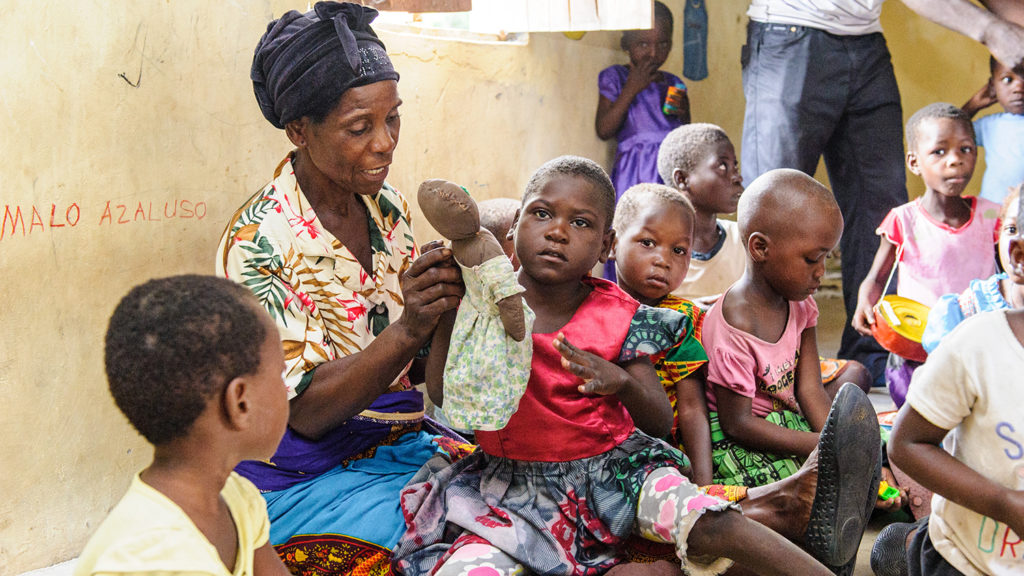
Find out more about our work
Sightsavers and education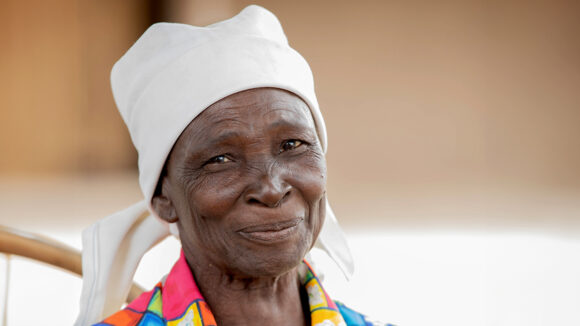
“I’m a living testimony of cataract surgery”
When Angeshita regained her independence after her eye operation, so did her family. They are now able to return to school and work, giving them all hope for the future.
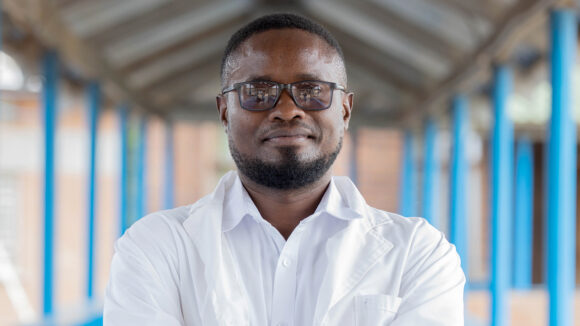
Alinafe cuts the queues
Learn about one man's mission to make a difference in Malawi by training as an eye health specialist.
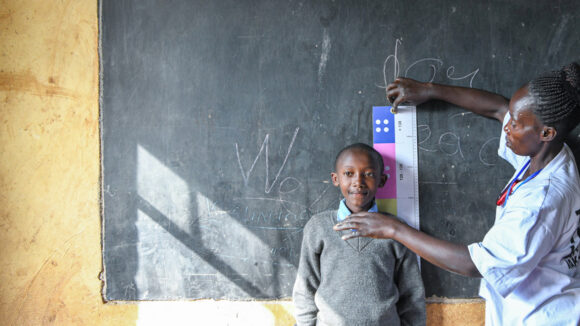
“Our programme has transformed communities”
Now in its sixth year, the Accelerate programme has already delivered 53 million treatments to protect people from trachoma, and managed 91,000 advanced cases of the disease.
